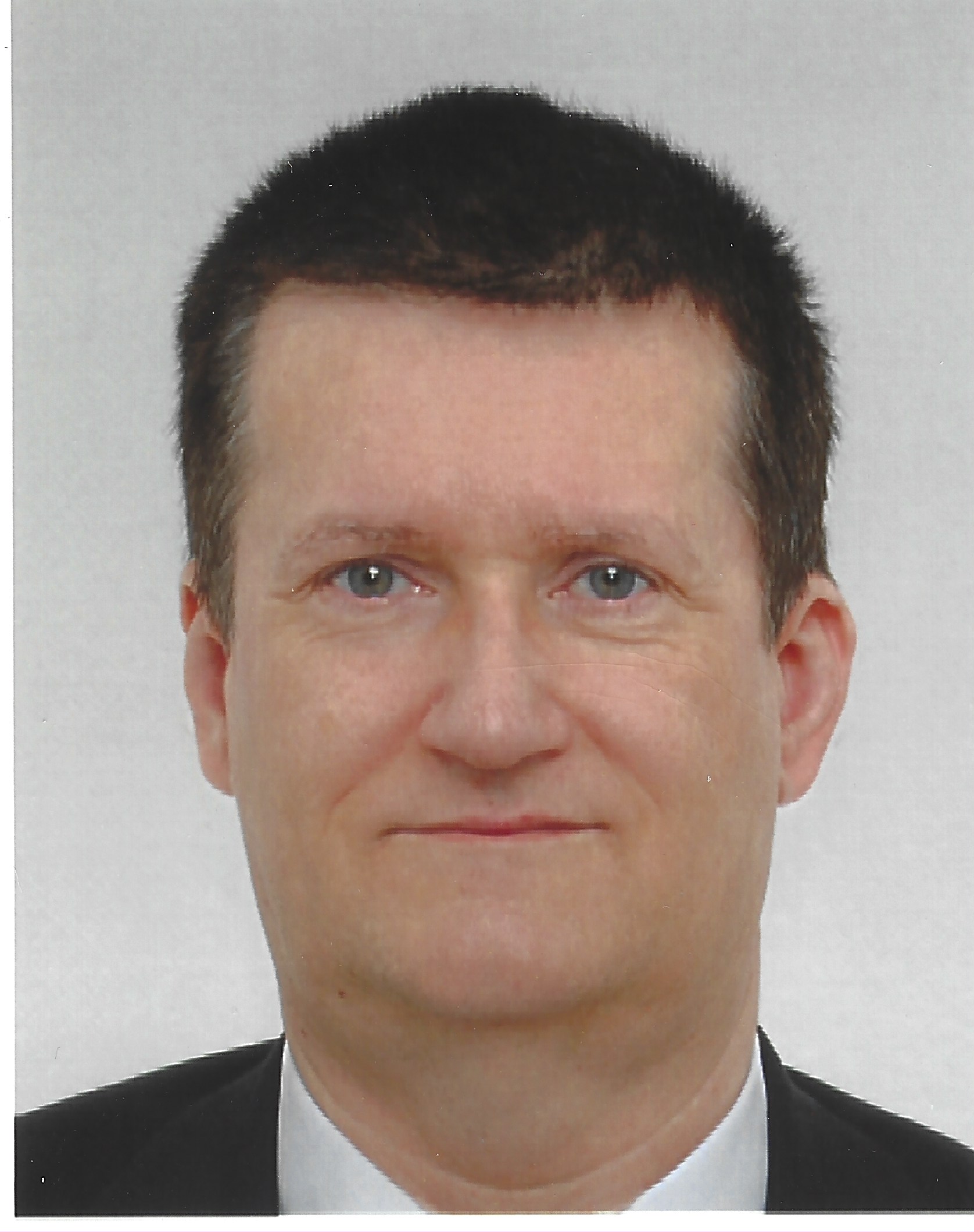Invited speakers
Daniel Zeman (Charles University, Prague, Czech Republic): Universal Description of Morphology and Syntax of Natural Languages

I will present Universal Dependencies, an international community project and a collection of morphosyntactically annotated data sets (“treebanks”) for more than 100 languages. The collection is an invaluable resource for various linguistic studies, ranging from grammatical constructions within one language to language typology, documentation of endangered languages, and historical evolution of language.
From the engineering perspective, UD treebanks serve as training data for automatic parsers that can be subsequently used to analyze previously unseen text. The parsed output is an intermediate representation between the input text and its underlying meaning. It is helpful in foreign language learning as well as for automatic extraction of semantic relations (answers to “who did what to whom”). I will thus discuss these semantic aspects in the last part of my talk; in particular, I will look at extensions of UD that have been proposed and that focus more on deep-syntactic and semantic relations expressed in natural language.
Daniel Zeman is a senior researcher and lecturer at the Institute of Formal and Applied Linguistics (ÚFAL), Faculty of Mathematics and Physics, Charles University in Prague. His research interests range from natural language parsing and morphology to low-resource language processing and linguistic typology. He is one of the co-founders and main coordinators of the Universal Dependencies project.
Yohei Akimoto (University of Tsukuba, Japan): Black-Box Min-Max Optimization using CMA-ES

Simulation-based optimization, where the objective function value f(x) is computed through a numerical simulation given design variable x, appears widely in engineering problems. However, it is often observed that a solution obtained by simulation-based optimization do not perform as well on the real environment as on the simulation, due to the difference between the real environment and the simulation. This is one of the factors that impair the reliability of the optimization result in the simulation. The problem of finding a solution robust to such error and uncertainty is often formulated as a minimax optimization, where we try to locate the best solution under the worst possible situation, to guarantee the worst case performance. In this talk, we present CMA-ES, which is recognized as one of the most powerful solvers for simulation-based optimization and has been applied to many real-world applications. Then, we present our recent developments in black-box minimax optimization using CMA-ES.
Youhei Akimoto is an associate professor at University of Tsukuba, Japan. He received his diploma (2007) in computer science and his master degree (2008) and PhD (2011) in computational intelligence and systems science from Tokyo Institute of Technology, Japan. He was a research fellow of JSPS in Japan (2010-2011), a post-doctoral research fellow at INRIA in France (2011-2013), an assistant professor at Shinshu University in Japan (2013-2018). He served as track chair for the CO (current ENUM) track for GECCO 2015 and 2016. He is serving as an associate editor of ACM TELO and an editorial board of ECJ. His research interests include design principle, theoretical analysis, and applications of stochastic search heuristics.
Rudolf Freund (TU Wien): The Power of Parallelism in Membrane Computing

Maximal parallelism has been an important feature of membrane systems from the beginning, i.e., only non-extendable multisets of rules are applied to the underlying configuration. During the last two decades many new variants of parallel derivation modes have been investigated, for example, non-extendable sets of rules are used instead of non-extendable multisets of rules. In many cases, computational completeness can be obtained. Recently, derivation modes applying multisets of rules affecting or generating the maximal number of objects have been shown to allow for computational completeness even when using only very restricted variants of rules.
Rudolf Freund is an associate professor for theoretical computer science at the TU Wien. He got diploma (1980) and doctor (1982) degree in computer science as well as the habilitation for theoretical computer science (1995) at the TU Wien. His main research interest is in formal language theory, especially in the area of regulated rewriting and bio-inspired models of computing like membrane systems.
Ewan Birney (European Molecular Biology Laboratory, European Bionformatics Institute, UK) : Big Data in Biology: what the pandemic has taught us

Molecular biology is now a leading example of a data intensive science, with both pragmatic and theoretical challenges being raised by data volumes and dimensionality of the data. These changes are present in both “large scale” consortia science and small scale science, and across now a broad range of applications – from human health, through to agriculture and ecosystems. All of molecular life science is feeling this effect.
This shift in modality is creating a wealth of new opportunities and has some accompanying challenges. In particular there is a continued need for a robust information infrastructure for molecular biology. This ranges from the physical aspects of dealing with data volume through to the more statistically challenging aspects of interpreting it. A particular problem is finding causal relationships in the high level of correlative data. Genetic data are particular useful in resolving these issues.
The pandemic has brought together operational public health delivery (eg, testing and DNA sequencing of the infectious agent) alongside research and models. The rate of learning has increased between these two domains and delivered better and better products for both policy makers and research. I will illustrate this with examples including the expansion of the Alpha and Delta SARS-CoV-2 genomes and integrating genomic and contact tracing work.
Ewan Birney is Deputy Director General of EMBL and Director of EMBL-EBI.
Ewan completed his PhD at the Wellcome Sanger Institute with Richard Durbin. In 2000, he became Head of Nucleotide data at EMBL-EBI and in 2012 he took on the role of Associate Director at the institute. He became Director of EMBL-EBI in 2015. Ewan led the analysis of the Human Genome gene set, mouse and chicken genomes and the ENCODE project, focusing on non-coding elements of the human genome. Ewan’s main areas of research include functional genomics, DNA algorithms, statistical methods to analyse genomic information (in particular information associated with individual differences in humans and Medaka fish) and use of images for chromatin structure.
Ewan is a non-executive Director of Genomics England, and a consultant and advisor to a number of companies, including Oxford Nanopore Technologies, Dovetail Genomics and GSK. Ewan was elected an EMBO member in 2012, a Fellow of the Royal Society in 2014 and a Fellow of the Academy of Medical Sciences in 2015.
He has received a number of awards including the 2003 Francis Crick Award from the Royal Society, the 2005 Overton Prize from the International Society for Computational Biology and the 2005 Benjamin Franklin Award for contributions in Open Source Bioinformatics. On December 29, Ewan Birney was made a Commander of the British Empire (CBE) as part of the Queen’s New Year’s Honours List for 2019. Ewan received the honour in recognition of his services to computational genomics and leadership across the life sciences.





